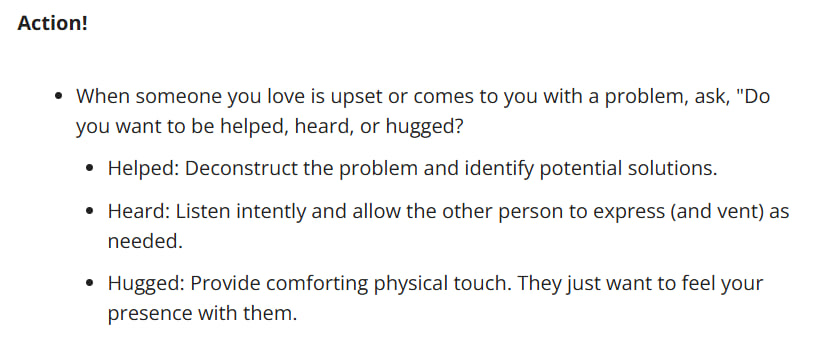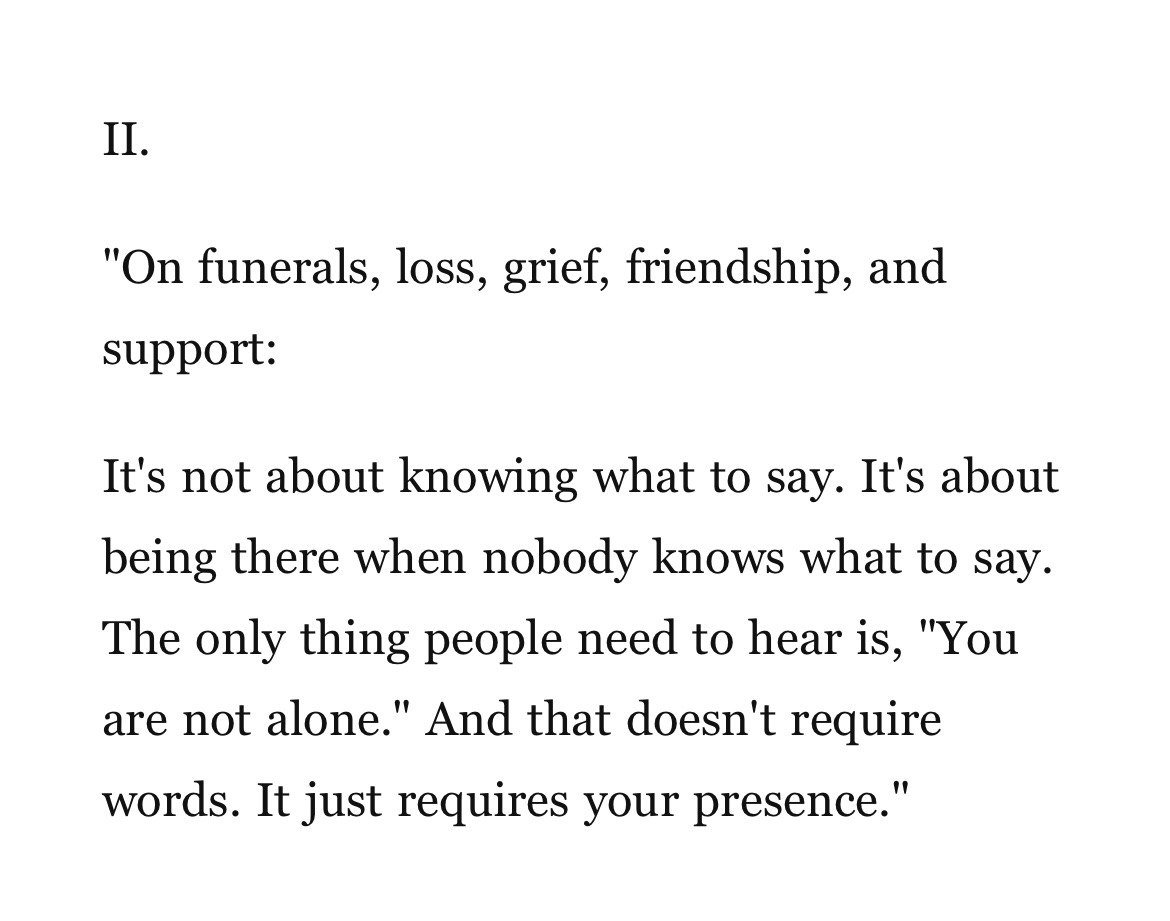Do you have 8 minutes?
I was catching up with an old friend earlier this month. This blog is a by-product of the conversation we had about vulnerability.
We spoke about how people find it difficult to reach out for help in times of crisis. While the problem might not be as enormous as a mountain, in that moment, it sure as hell feels like that.
In that micro-second, you need to pull through. You need help to pull through.
Story
A friend dropped a message to Simon — "Hi, How are you?"
Simon was running busy at the moment and thought he would catchup someday later. After a few weeks, when Simon met him and asked how he was.
To his surprise, the friend revealed that they had been struggling with depression. Simon's immediate response was, "What the hell? Why didn't you call me?"
The friend had been feeling uneasy, suffocated and restless.
It sparked an eye-opening realization about the subtle ways in which people ask for help.
Thought Process
This made me push myself to write this — More people should know about it.
We understand and acknowledge everyone has a different coping mechanism to different circumstances. Actions are commonly put under the buckets: Fight, Flight, Freeze.
Although, what is strikingly common in times of crisis is — Going into your own shell.
A tiny world where your thoughts race faster than F1 cars, you spiral into never-ending scenarios led by your subconsicous fears, fueled by anxiety. Things do not feel achievable. You feel dull, low and defeated.
In that moment, we need help.
A safe space, a safe person, a safe phrase — To reassure you, to be there for you, to pull you through.
But reaching out is diffcult from that tiny shell.
Let's accept it.
Vulnerability is hard, and it's scary and it feels dangerous. But it's not as hard or scary or dangerous as getting to the end of our lives and having to ask ourselves, "What if I would've shown up?"
Brené Brown
(A close friend made me watch Brené Brown: The Call to Courage. I feel this is something I want to keep coming back to in different stages of my life — Because I would always take back a different perspective from here that helps me zoom out.)
Do you have 8 minutes?
Simon Sinek, the well-known author, has shared his "Do you have 8 minutes" concept.
The idea is to come up with a safe phrase.
While directly reaching out, trying to catch up or just directly speaking about the problem could be tricky, a safe phrase could help with certain inhibitions and hesitation.
A safe phrase agreed upon with your closed ones makes it mechanical and methodical. It is simpler and can be easier to convey.
Sending a single sentence when someone requires emotional or mental support. This message acts as a signal, conveying, "I need help; I'm struggling with my mental health today."
In response, reach out with a supportive call, and within those 8 minutes, you offer empathy, connection, and attentive listening.
An important and powerful cross question to ask when someone reaches out to you: Do You Want to Be Helped, Heard or Hugged?

Relevance of 8 minutes
When someone is struggling, eight minutes of conversation, eight minutes of help and support from friends and loved ones is enough to get back on track.
It's surprising how such a small thing — a brief conversation, a few minutes with someone — can make such a huge difference.
At the end of the day, eight minutes of a friend's time can make all the difference in the world. Best of all, it's only eight minutes.
When somebody texts you "Do you have eight minutes?" Any of us can pause a movie, step out of a meeting, or leave a room to talk to a friend in need for eight minutes.
Psychologically, this is easier in comparison to "taking out time" to catch-up. It is analogous to getting the ball rolling when the time is eight minutes.
Fin
I write this with hope, for hope.
See a friend for no reason. Lend a hand. Help a stranger for no reward.
Act on your first thought.
Reach out to your friends as and when you get the time.
Your old friends, friends who have drifted apart, your mentors, your mentees, your teachers.
Let people know — In this long journey, they are not alone.
Show up for people.

I write this to let you know — I'll always have eight minutes for you!